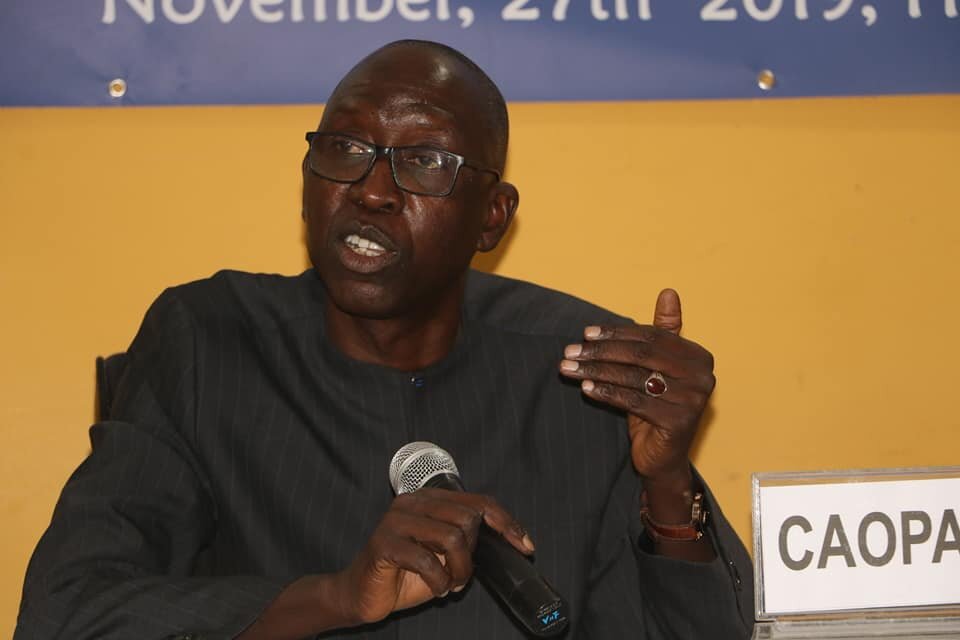Early January, the president of the Senegalese Association APRAPAM, Gaoussou Gueye, reiterated his call for the development of an artisanal tuna fishery in Senegal. For him, the question that arises today is why a country like Senegal, where fishing employs 600,000 people and where many coastal resources are overexploited, shows so little interest in developing a robust tuna fishing sector. Such a sector, including artisanal, would allow fishermen to fish new resources further offshore.
A few weeks ago, the CAOPA, of which Gaoussou Gueye is president, noted that "to date, Senegal has not submitted an ambitious plan for the development of a Senegalese tuna fleet to ICCAT", the International Commission for the Conservation of Atlantic Tunas, the organisation that allocates access to the main tuna resources in the region. "This is all the more surprising since, in addition to this, Senegal sends Senegalised tuna vessels, of Korean origin, to fish in Liberia," the CAOPA points out.
Gaoussou Gueye insists: "Wouldn't it be wiser for Senegal to focus on developing sustainable tuna fishing, including artisanal, in its own waters, rather than leaving tuna fishing largely in the hands of foreign operators, with little benefit for local fisheries? »
Some believe that the lack of interest in developing tuna fishing is because Senegalese do not consume tuna, but Gaoussou Gueye believes that the problem should not be approached in terms of consumption alone, but in terms of opportunities, by trying to see how to develop sustainable artisanal tuna fishing. In his view, this would also help to "combat the phenomenon of illegal emigration, which hits fishermen and other players in the sector hard", by offering them new fishing opportunities.
Both APRAPAM and the CAOPA request that Senegal, in consultation with the fisheries sector stakeholders, draw up a sustainable development plan for Senegalese tuna fisheries, including artisanal, and submit this plan to ICCAT in order to have better access to resources and quotas to match.
With a view to the development of sustainable artisanal tuna fishing in Senegal and other African countries, CAPE and CAOPA have a joint position aimed at setting up a tuna access allocation system that gives priority to those who fish in the most sustainable way. This would challenge the current mechanisms, based on historical fishing rights, which give the lion's share to European and Asian countries, and recognise the aspirations of developing countries to benefit more from tuna fishing, including by providing access to their local artisanal fishing communities.
Banner photo: Tuna fish processors, in Abidjan, by Alexandre Rodríguez.








In a position paper, APRAPAM questions the government's proposal to support the production of fish feed and insists instead on the importance of a management plan for small pelagics and the prioritisation of human consumption.